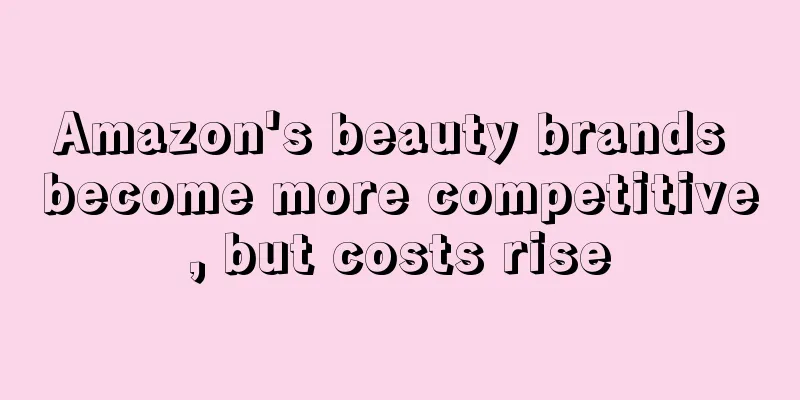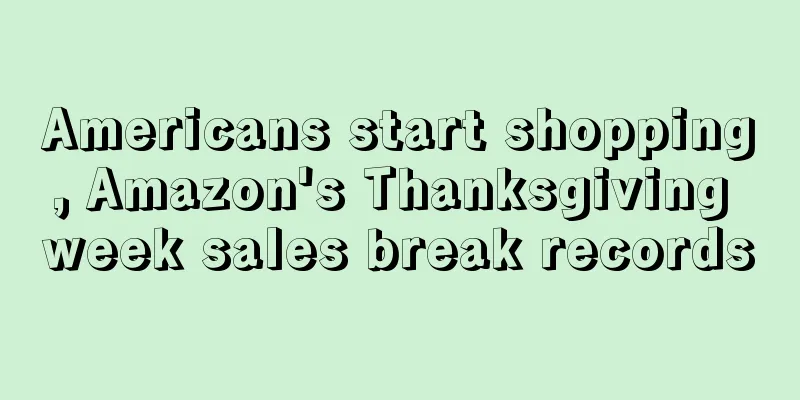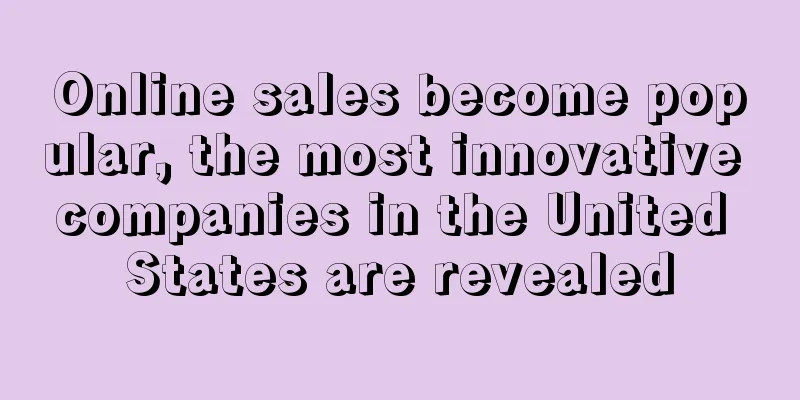Amazon's beauty brands become more competitive, but costs rise

|
In the beauty industry, Amazon's competitiveness is becoming increasingly stronger.
Amazon has made a big push into beauty over the past few years in an effort to break into a market dominated by specialty platforms like Sephora and Ulta Beauty. After launching a luxury beauty subcategory in 2013 , it recently renamed the category “ premium beauty ” and has continued to add products. The category now has more than 6,000 products from brands like Elizabeth Arden, Molton Brown, Rituals and Burberry .
It also opened a standalone beauty store in 2018 , which sells emerging brands that competitors can't offer. In addition, Amazon has launched a dedicated hair care department, its own skin care brand, and the opening of Amazon Hair Salon in the UK in the past year .
Amazon's investment in beauty products has paid off . According to Profitero data, from January to the end of November this year , beauty sales on the Amazon platform increased by 13% year-on-year. Sales increased by 56% compared with 2019. Profitero said that in addition to the impact of the epidemic, Amazon was able to win market share because it offered competitive prices and a range of new features, including the ability to automatically replenish products.
However, the cost of selling beauty products on Amazon is also increasing.
David Manschoory, founder of beauty brand Alleyoop, said: "Amazon is more of a paid platform today , and its advertising costs are higher today than they were two years ago. "
According to the quarterly report of advertising optimization platform Pacvue, its average daily advertising expenditure on Amazon increased by 82% year-on-year in the second quarter, and the CPC of sponsored product ads increased by 36% to $1.22 during the same period. These two figures did not decline in the third quarter .
According to industry insiders , the rise in advertising costs is driven by two reasons : brands shifting marketing spending to online platforms during the pandemic , and the impact of Amazon acquirers , which increase sales by increasing advertising spending after acquiring stores without much concern for short-term profitability.
These factors have led to a large amount of advertising spending flowing into platforms such as Amazon, sparking competition and driving up CPC.
Even with rising costs , beauty brands say Amazon is a sales channel they can’t ignore. “Not selling on Amazon is like not being on Google search , ” said one beauty brand executive . Amazon Beauty advertise |
<<: North American retailers start the final "traffic diversion" battle at the end of the year!
>>: India's e-commerce grew 77% in one year! Second- and third-tier cities have great potential
Recommend
What is Softide Shuford? Softide Shuford Review, Features
<span data-docs-delta="[[20,{"gallery"...
What is Shenzhen Quanjie Supply Chain Co., Ltd.? Shenzhen Quanjie Supply Chain Co., Ltd. Review, Features
Shenzhen Quanjie Supply Chain Co., Ltd. is a prof...
Supply chain disruptions may persist, cross-border sellers need to be prepared
As we enter the second quarter of 2022, cross-bor...
New rules for self-delivery! Sellers who fail to meet the standards may have their sales rights restricted
Searching for VTR (Valid Tracking Rate) on the se...
Facebook launches new program to help small and medium-sized businesses cope with the epidemic crisis
As small businesses continue to grapple with the ...
Is Amazon's PD traffic going to be snatched away? Walmart and Target are both competing for it
As Amazon's summer sale is held as scheduled,...
AliExpress and Cainiao jointly launch 5-day global package delivery
Cross-border logistics is speeding up again. At t...
What is Shrimp Treasure? Shrimp Treasure Review, Features
Based on many years of cross-border sales experien...
U.S. retail sales rebound sharply in January
According to foreign media reports, sales of US r...
What is Hangzhou Diandian Logistics? Hangzhou Diandian Logistics Review, Features
Hangzhou Diandian Logistics Co., Ltd. is a member ...
21-year-old guy earns millions a year! Cross-border e-commerce is popular in the "slums"
Annual income of one million! Cross-border e-comm...
The number of employees has dropped by more than 5,500! The employment in the Korean retail market is polarized
According to a survey, the number of jobs at trad...
My head hurts! The backend crashed again, and Amazon workers are going on strike...
Yesterday’s collective forced “Lin Dan” incident ...
What is Moonbapay? Moonbapay Review, Features
<span data-docs-delta="[[20,{"gallery"...
Starting July 1, US online sellers will be required to collect taxes from consumers
Florida Governor Ron DeSantis signed a plan requi...









